Experiments on how anaesthetics alter the behaviour of tiny structures found in brain cells bolster the controversial idea that quantum effects in the brain might explain consciousness.
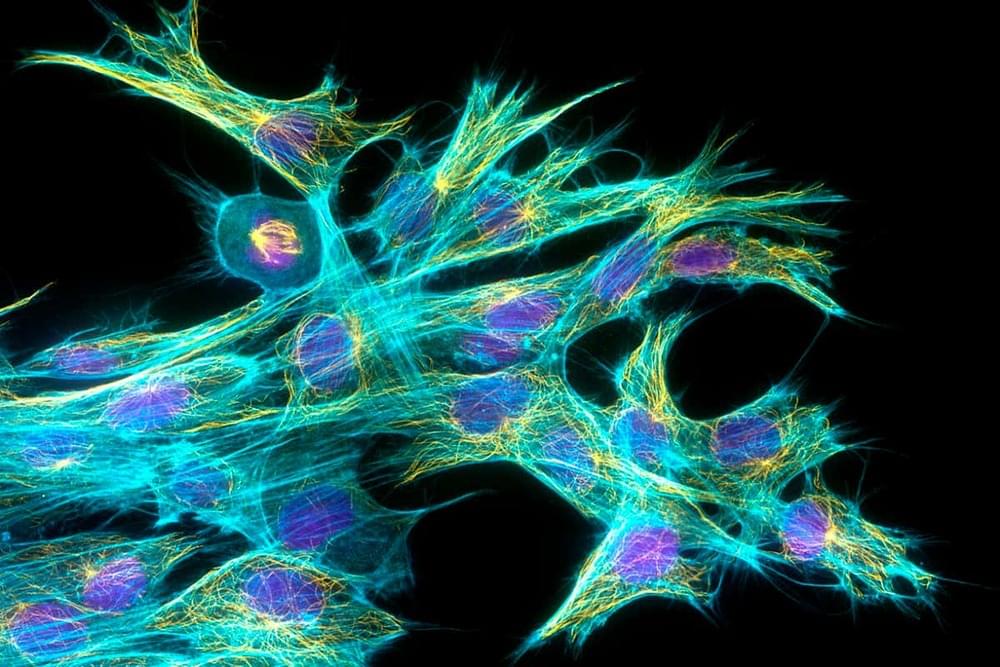

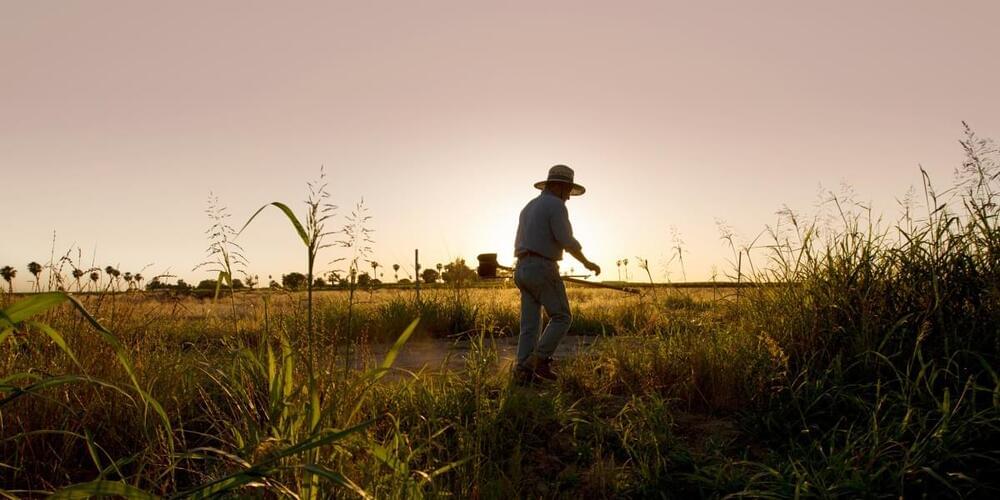
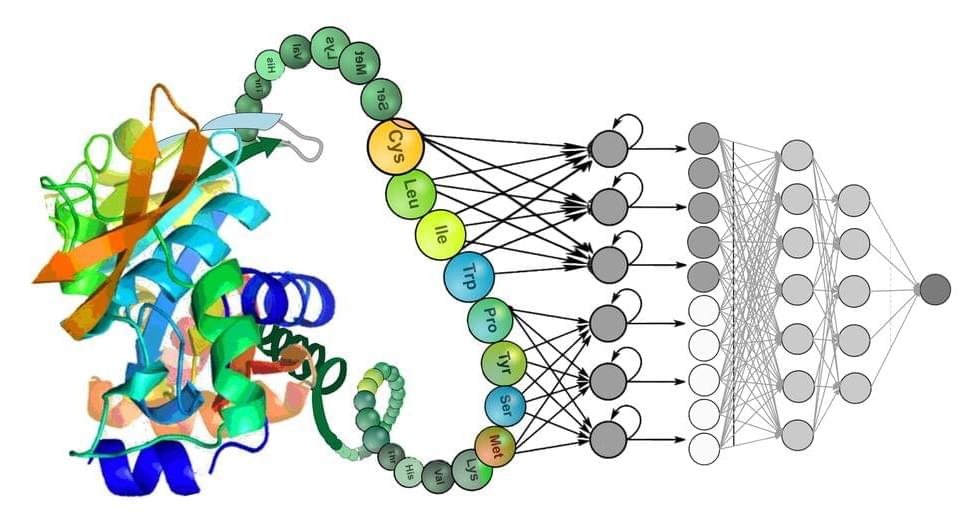
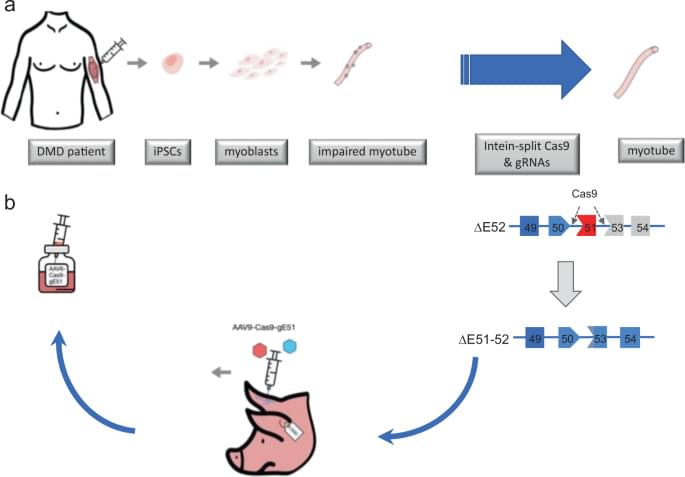
Circa 2021
As described above, molecular therapeutics enabling expression of a truncated dystrophin have been far developed. However, an unprecedented opportunity to correct the disease-causing mutation has arisen with the advent of Crispr-Cas9 technology (Fig. 1).
Since the generation of a Cas9-transgenic mouse [28], which allowed for pinpoint gene alterations specifically in organs targeted by AAVs encoding for the corresponding guide RNAs (gRNAs), it became clear that the inevitable course of inherited diseases might be altered by Cas9-mediated correction. Although certain limitations were unmasked early on, such as the preference of non-homologous end-joining (NHEJ) over homology-directed repair (HDR) upon enzymatic cleavage of the double stranded DNA by Cas9, or the packaging capacity of AAVs, muscular dystrophies seemed an ideal target for genome editing. DMD mutations inducing Duchenne muscular dystrophy (DMD) seemed particularly well suited, since internal truncations of the protein may lead to a shortened but stable protein with partial functional restitution and a milder disease progression, as seen in the allelic Becker muscular dystrophy (BMD).
The group of E. Olson was first in showing that correction of the loss-of-function mutation on exon 23 in mdx mouse zygotes is possible [29]. Notably, Cas9 combined with a single gRNA was used to inflict a cut in the vicinity of the mutation, accompanied by a single-stranded oligodeoxynucleotide, was efficient in providing HDR in 7 and NHEJ in 4 of the 11 reported corrected mdx mice. Whereas HDR correction of 41% of genomes in the mosaic mice sufficed for a full restoration of dystrophin expression in the muscles examined, a 17% HDR correction level yielded a 47–60% of muscle fibers expressing dystrophin, indicating a selection advantage of the corrected muscle and satellite cells. Moving DMD correction into the postnatal arena, the same group [30] and others [31,32,33] demonstrated feasibility of an AAV-based systemic Cas9 treatment, albeit in different flavors.
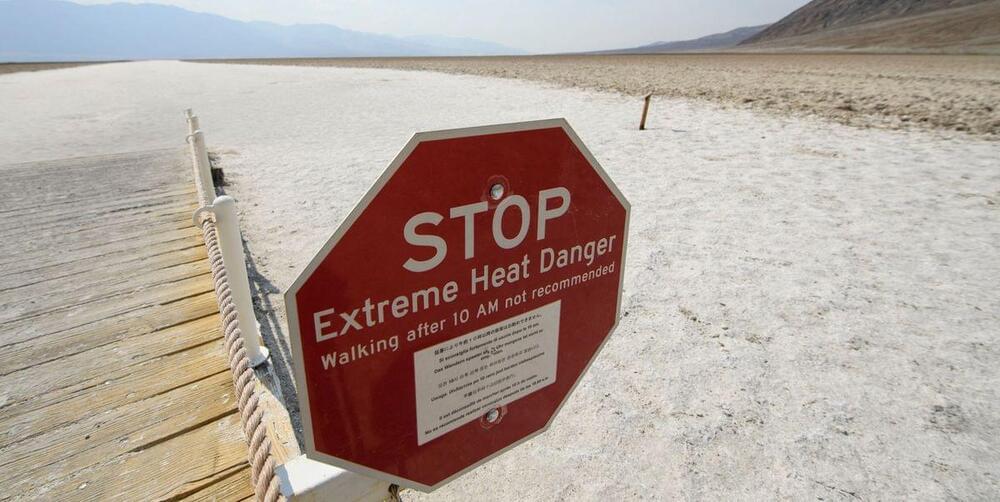
Death Valley brings the heat, but there are other hot spots on this sweltering planet.
Summers can be hot in Death Valley, California. In fact, it is likely the hottest place on Earth—ever. Especially on Sunday, August 16 and—again—on June 17, 2021. The mercury spiked to a sweltering 130 degrees Fahrenheit in the national park, drawing crowds of tourists who flocked to take pictures with the park’s digital thermometer.

Peter Sjöstedt-Hughes » IAI TV.
The hard problem of consciousness is the most pressing unsolved mystery in both philosophy and science. To solve such a problem, we are going to need revolutionary ways of thinking. Philosopher of mind, Peter Sjöstedt-Hughes, argues higher spatial dimensions might hold the key to the hard problem.
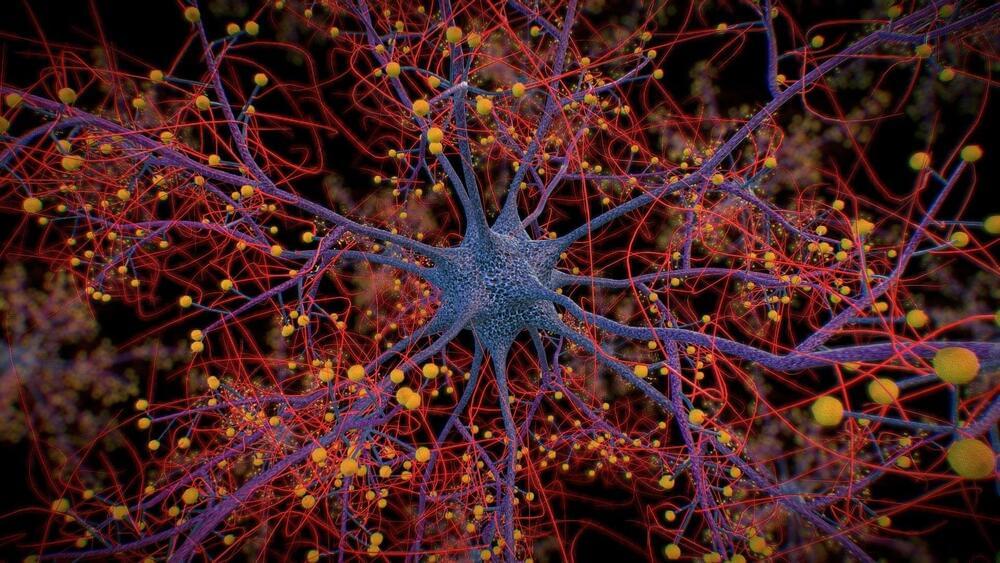
The brain is inarguably the single most important organ in the human body. It controls how we move, react, think and feel, and enables us to have complex emotions and memories. The brain is composed of approximately 86 billion neurons that form a complex network. These neurons receive, process, and transfer information using chemical and electrical signals.
Learning how neurons respond to different signals can further the understanding of cognition and development and improve the management of disorders of the brain. But experimentally studying neuronal networks is a complex and occasionally invasive procedure. Mathematical models provide a non-invasive means to accomplish the task of understanding neuronal networks, but most current models are either too computationally intensive, or they cannot adequately simulate the different types of complex neuronal responses. In a recent study, published in Nonlinear Theory and Its Applications, IEICE, a research team led by Prof. Tohru Ikeguchi of Tokyo University of Science, has analyzed some of the complex responses of neurons in a computationally simple neuron model, the Izhikevich neuron model.
“My laboratory is engaged in research on neuroscience and this study analyzes the basic mathematical properties of a neuron model. While we analyzed a single neuron model in this study, this model is often used in computational neuroscience, and not all of its properties have been clarified. Our study fills that gap,” explains Prof. Ikeguchi. The research team also comprised Mr. Yota Tsukamoto and Ph.D. student Ms. Honami Tsushima, also from Tokyo University of Science.

Solar energy has barely scratched the surface of its potential to decarbonize the global economy in time to avert catastrophic warming.
For all the activity in the solar energy marketplace, PV technology has barely even begun to hit the global economy in full force. Huge solar arrays filled with rows of super-efficient silicon solar panels are just one piece of an expanding universe. With that in mind, here are 4 new developments that could kick the slow pace of change into high gear.
1. Distributed Solar Energy
Distributed renewables are a big deal for the US Department of Energy and other solar energy planners, but they generally don’t catch the media spotlight. That’s because they tend to be small. On an individual basis, distributed energy resources range down to the kilowatt scale. They are easily eclipsed by huge multi-million megawatt PV arrays.

